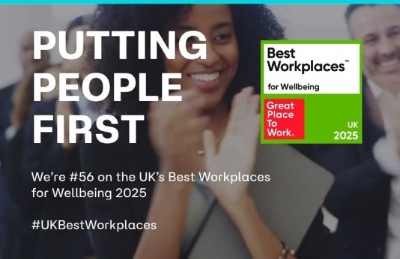A poll of 4,000 workers, by leading insurer Aviva, found that three in five employees planned to make career changes, ranging from a job switch to learning a new skill – a seven percentage point increase since July 2020.
Aviva’s research also found that while young people were most likely to make the change (87% said they were now re-evaluating their careers), it was those aged between 25 and 34 who were most likely to want to retrain or pursue a different career.
Those that have, unfortunately, lost their job in the last year may be looking to reskill out of necessity; however, for those who retained their jobs, working-from-home and the pandemic experience has provided them with the opportunity to seriously reflect on their career.
We will soon discover whether this change in thinking has brought about a real dislocation in the job market or not. Still, for both employees and employers, this sparks some interesting questions.
Should an employee still earn a London salary if they are no longer commuting and spending time in London? Working-from-home may provide more opportunities to spend time with family and local friends, but is it healthy for workplace bonhomie to be perennially away from your colleagues? Can new staff ever really be part of a team if they never meet in-person? Non-verbal communication at meetings and interpersonal dynamics (the so-called ‘water-cooler’ moments) can all contribute to a positive work experience and higher productivity at work.
Among OECD countries, Britain has often reported the second highest working hours amongst rich countries (after the US) but, at the same time, lags behind in productivity growth. Essentially, fundamental changes in work culture may help change this. Greater flexibility in our approach to work, for example, also benefits those from underrepresented communities with certain disabilities or other responsibilities (e.g. those with physical disabilities may prefer working-from-home over a daily commute). Hence, while the pandemic may be behind us, the questions it raises should stay at the forefront.




